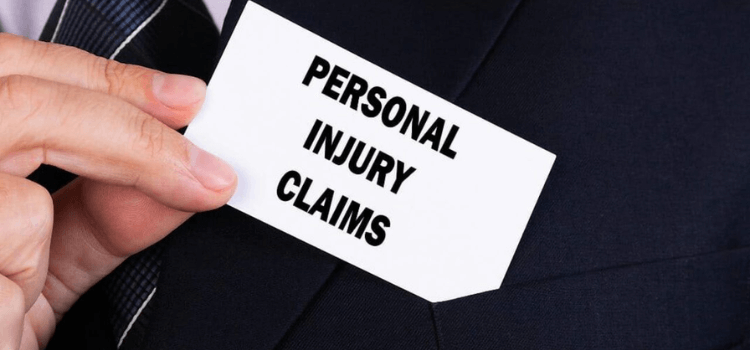When you hop onto a bus or a train, especially in a busy area like Florida, you’re entrusting your safety to the transit authorities. Accidents on public transportation are often complex due to the number of entities involved. You might wonder where to turn for help. If you’re dealing with such a situation, visit DolmanLaw.com for expert advice on how to proceed with your claim.

Importance of Timely Reporting
In the aftermath of an accident, emotions can run high, and confusion may abound. Staying calm and reporting accidents promptly in Florida is important, as this can impact a personal injury claim. For instance, consider a scenario involving a bus accident. Reporting an accident to local authorities and filing a report is crucial. This report is key evidence for your case, and prompt reporting is essential for a successful claim in Florida.
Reporting an accident in Florida quickly is important for your claim. Swiftly involving the appropriate authorities and generating an official record lays a robust foundation for your legal proceedings. This report provides important information to support your claim, including the situation, people involved, and possible reasons. These laws guarantee payment for medical costs, regardless of who is at fault.
Understanding Florida’s No-Fault Laws
Florida’s distinctive “No-Fault” laws exhibit a dual nature. On the positive side, these laws assure you of receiving compensation for medical expenses, irrespective of fault. Conversely, they can constrain your capacity to pursue damages from the other party. Although immediate medical needs find coverage, the scope for addressing enduring care or emotional distress might be restricted. To navigate this landscape well, you need to understand its complexities deeply.
Florida’s “No-Fault” system offers a safety net for swift medical compensation, focusing on immediate recovery. It’s important to understand the limits of seeking damages for long-term effects. Long-lasting medical care, therapy, and emotional suffering might not find adequate redress within this framework.
The Role of Negligence in Personal Injury Claims
Establishing negligence mirrors assembling an intricate puzzle. It means showing that the driver or transit company did not fulfill their duty of providing safe transportation. Did they exceed speed limits? Was the vehicle inadequately maintained? Addressing these queries and amassing corroborative evidence presents challenges, yet it is indispensable for your claim’s success.
Proving negligence necessitates meticulous investigation and assembling a comprehensive case. Identifying instances where the duty of ensuring safe transit was compromised forms the foundation. This involves examining factors such as vehicle maintenance, adherence to traffic regulations, and responsible behavior.
What Compensation Can You Seek?
While the visible aftermath of an accident includes evident injuries like bruises and fractures, the emotional aftermath remains equally significant. Florida’s legal framework permits victims to seek compensation for emotional distress alongside concrete expenses such as medical expenditures and income loss. Consequently, meticulously documenting your emotional and physical condition post-accident holds paramount importance.
Incorporating emotional distress as a component of your claim underscores the holistic impact of the incident. It acknowledges that the emotional toll can be as debilitating as physical injuries. Maintaining a comprehensive record of your emotional state, mood changes, anxiety, and related challenges is crucial to substantiate this aspect effectively.
Gathering Evidence for Your Case
Building a strong case is like constructing a house: the stronger the foundation, the more resilient the structure. In Florida, where personal injury laws can be complex, you need a robust evidence collection. Photographs of the accident scene, eyewitness accounts, and medical reports serve as strong building blocks. Additionally, consider securing expert testimony to validate your claims.
The Importance of Legal Representation
Just like you wouldn’t undergo a difficult medical procedure without a skilled doctor, navigating the complex legal system without expert guidance can be risky. This is especially true in places like Florida where having an experienced attorney can make all the difference between a failed claim and a successful settlement.
A good attorney can provide valuable legal counsel and help you navigate complex legal procedures. They can also represent you in court if necessary and help you achieve the best possible outcome for your case.
The Settlement Process
Reaching a settlement is often the final hurdle in your journey towards compensation. It’s where both parties come to the table, ideally agreeing on a fair compensation package without going to court. Armed with the evidence and testimonies gathered, your attorney will lead these negotiations to ensure you’re adequately compensated for your ordeal.
The aftermath of a public transportation accident can be a disorienting and distressing time. Understanding your rights and effectively navigating the complex tapestry of Florida law is essential for securing the compensation you deserve.






Leave a Reply